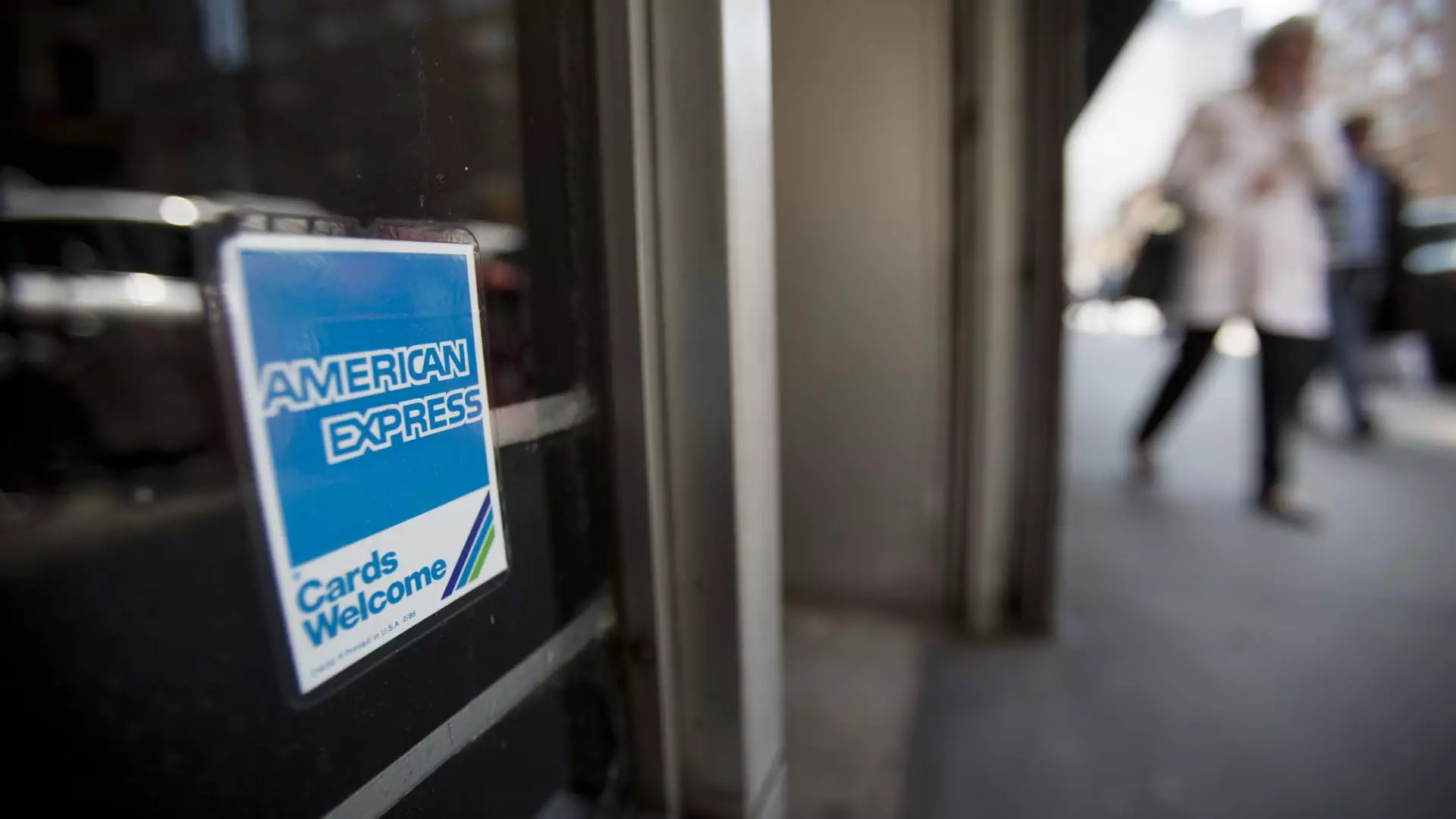American Express has long cultivated an image of exclusivity and luxury, riding on the back of affluent clients who treasure its perks in travel and dining. For years, this laser focus has shielded the company from economic turbulence, creating an illusion of stability. However, recent data reveal cracks in this facade. While overall spending on Amex cards increased modestly, the core engine—travel—has hit a wall. This softening isn’t just a minor blip; it signals the beginning of a deeper vulnerability that the company appears unwilling or unable to confront directly. The premium clients who have historically been the backbone of Amex’s revenue are now edging away, possibly due to inflationary pressures and a plateau in luxury travel demand.
Purchases Are Still Growing, But the Heart Is In Decline
On the surface, a 7% rise in total spending seems like good news. Yet, a closer look exposes the weakness of American Express’s core business. The uptick is driven primarily by non-travel sectors—goods, services, and high-end hotel stays—rather than airline ticket purchases. The stagnation of domestic airline travel, especially economy class, highlights a significant shift. Despite increased spending on lavish hotel stays and premium cabins, the decline in airfare prices and flat airline sales are alarming indicators that the luxury travel sector is cooling off. This deceleration directly threatens Amex’s strategic emphasis on its airline partnerships and elite lounge network, which rely heavily on a resilient airline market to justify their premium status.
The Rising Cost of Exclusivity and Its Unsustainable Path
American Express’s attempt to rejuvenate its premium image with a new Platinum card and expanded rewards programs appears to be a double-edged sword. While these initiatives may attract new customers or retain some existing ones temporarily, they come with a hefty price tag. The company’s increased spending on rewards—confronted with declining airline revenues—raises questions about sustainability. Investor concern is mounting that Amex is caught in a costly race to keep its high-value clientele entertained and engaged. Yet, the broader economic realities—rising inflation, declining airfare prices, and a potential recession—pose a stark challenge to this strategy. Rather than emphasizing its inherent exclusivity, the company begins to resemble a heavily leveraged marketing machine, desperately pouring resources into maintaining a veneer that may not withstand the weight of economic shifts.
A Fragile Position in a Competitive Market
Adding to the mounting internal pressures is the fierce competition from other financial giants like JPMorgan, Citigroup, and Capital One. These firms are aggressively vying for a slice of the lucrative premium credit card segment, destabilizing Amex’s longstanding dominance. Instead of leveraging its unique brand identity or offering genuine differentiators, American Express is seemingly pushed to outbid its rivals, risking an unsustainable spiral of escalating rewards and perks. The market criticizes this strategy as shortsighted; to truly pioneer a resilient future, Amex might need to rethink its core value proposition. Instead of doubling down on superficial luxury and constant spending, perhaps it should focus on cultivating authentic relationships rooted in trust and quality.
In essence, American Express’s recent financials reveal a company clinging to its past glories while facing the undeniable reality of a shifting economic landscape. Its growth, heavily reliant on a luxury narrative, now appears fragile—no longer a guarantee of resilience, but a precarious illusion.

